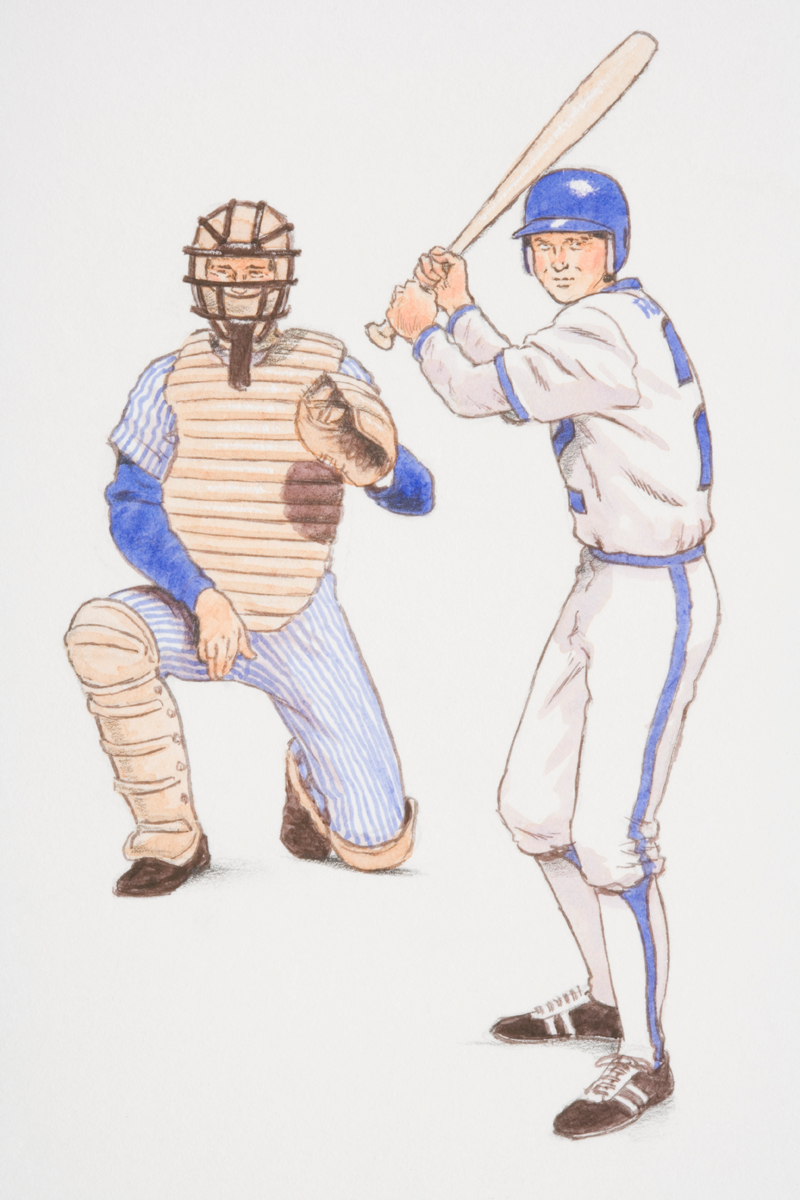
Happiness can only be found if you can free yourself of all other distractions – Saul Bellow
There is a story involving Yogi Berra, the well-known catcher for the New York Yankees, and Hank Aaron, who at the time was the chief power hitter for the Milwaukee Braves. The baseball teams were playing in the World Series, and as usual Yogi was keeping up his ceaseless chatter, intended to pep up his teammates on the one hand and distract the Milwaukee batters on the other.
As Aaron came to the plate, Yogi tried to distract him by saying, “Henry, you’re holding the bat wrong. You’re supposed to hold it so you can read the trademark.” Aaron didn’t say anything, but when the next pitch came he hit it into the left-field bleachers. After rounding the bases and tagging up at home plate, victorious Aaron looked at Yogi and said, “I didn’t come here to read”.
How you handle distractions at work is important. According to Business Insider (http://read.bi/11JD4oo) your number one distraction at work is your co-workers. And while there are many other things that compete for your time and attention you must develop a skillset and the necessary discipline to effectively handle the distractions that come your way. Here are four distractions that are quite common but if you can master these you can surely take care of the rest.
Idle chatter
Tying into the Business Insider finding it does not come as a surprise that idle chatter can derail your productivity and progress. Just as Yogi Berra tried to distract Hank Aaron at the plate when at bat, you too, must fend off those who would cause you to take your eye off the ball and fall victim to idle chatter. There is a time and place for talk but make sure it is not keeping you from what’s most important. If you can’t stop the idle chatter you need to remove yourself from it. Don’t get distracted by idle talk.
Pesky critics
There will always be those critics who tell you how to hold the bat, what you are doing wrong, and what you should have done. Berra tried getting into Aaron’s head by telling him he was holding the bat wrong. In leadership you will discover that many distractors are should-have-beens and wannabes who feel it is their place to set you straight. You will not eliminate your critics, but you can learn to silence them. How? Just like Aaron did. He hit the ball out of the park and that’s what you have to do. Nothing will silence your distractors quicker than remarkable success.
Petty complainers
Similar in approach to the critics there will unfortunately be a regiment of complainers who feel it’s their calling in life to complain. You know their type; they are not happy unless they make others miserable, they find the cloud in every silver lining, the pitcher is always half empty, and things are just never quite as good as they should be (especially if they were in charge). If you’re not careful these complainers can turn into major distractors if you don’t learn to ignore them. Simply consider the source and move on. If the complainers’ lot in life is to be unhappy then you have the right of refusal to go along. Stay above it and out of their way.
Unhealthy cynics
What is so detrimental about the cynics is that they never truly bought in to the mission or vision of your organization or values. True team players are all-in and totally invested in doing everything possible to make things work. Shared values are critical to your success. To be sure there is a need and place for constructive criticism that is given by someone with skin in the game. The cynic is merely looking out for himself. As a leader you must recognize the cynic for who he or she is and not allow that person to distract you or the rest of your team from reaching your goals.
As you develop awareness for distractors and how they operate you will need to sharpen this vital leadership skill. While on the surface some distractions may seem lighthearted and good natured you must learn to tell the difference. Your leadership and your future depend on it.
What do you say?”













